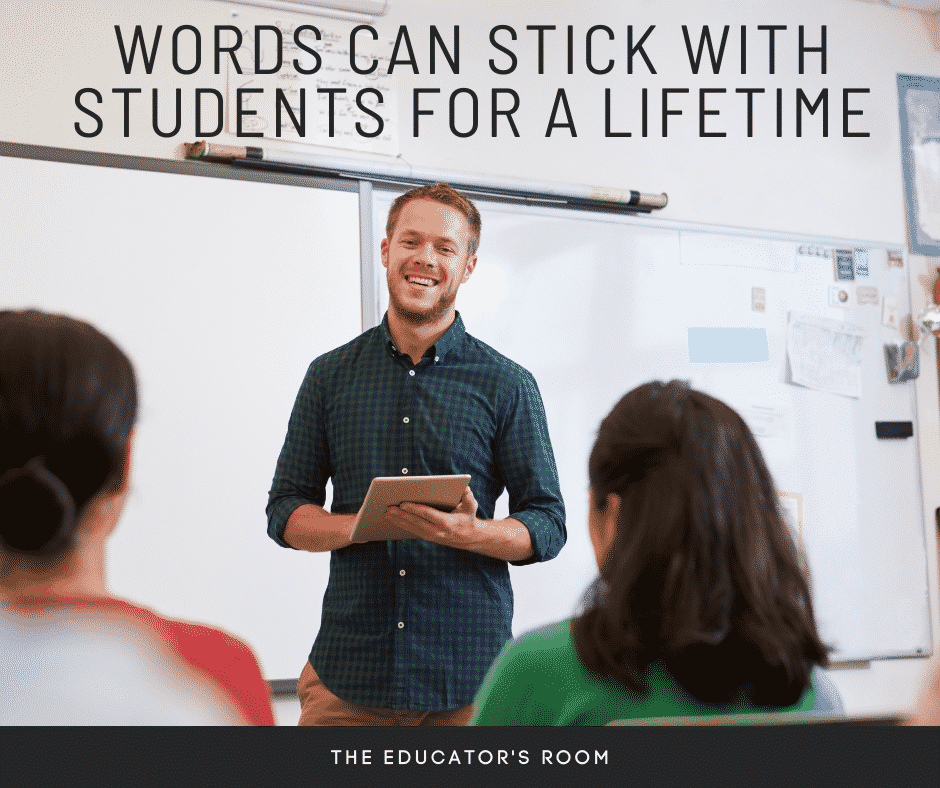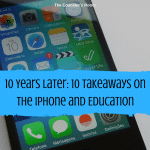Words Can Stick With People for a Lifetime
Whoever came up with the childhood rhyme “ sticks and stones may break my bones, but words will never hurt me” must never have felt nor understood the true power of words. That person must have never felt the sting of being called a derogatory name, nor the joy of a compliment. We can use words to tear someone down or to build them up. As educators, we use words every day to interact with our students. It should be our goal to use our words wisely and to understand the power of words in the classroom.
I remember as a young teen when a teacher said something that truly hurt me to my core. It was around Christmas and many of us enjoyed dressing up in “ugly” Christmas sweaters. None of us girls actually wore ugly sweaters, but festive red and green sweaters with sequins and pom-poms. We just pretended they were our ugly sweaters. I came to school that day proudly wearing my ugly ( but actually cute) Christmas sweater excited for the day ahead.
My day was normal until I came to my history class and my teacher looked at me and said “Wow. You sure look UGLY.” Her words shook me and I was speechless. Being very sensitive about my appearance at the time, I just walked away and said nothing in return. The words hurt me for a long time after that.
I saw teachers as authority figures to respect, so I never came up with the nerve to say anything to her about it. I have long since let it go and forgiven her . She must have not have thought about what she said before she said it, nor known the power of words.
Words Can Heal or they Can Harm
I believe that words do matter. In fact, an ancient proverb known by many Jews and Christians, speaks to the true power of words. “The tongue has the power of life and death, and those who love it will eat its fruit.” -Proverbs 18:21 NIV. Essentially, the tongue is a tool that can bring death or life to the listener. Not literal death or life, but the words we say can harm, or can heal and uplift.
As referenced in the above proverb, the words you speak bring consequences. Think of a time when you complimented a student on what they did well. Did you see them put in more effort to do even better? Most likely. Now, think of a time when you used harsh words out of frustration or anger towards a student. Did you see them withdraw from you? Or did they respond in anger as well?
Every Teacher Should Pay Attention to their Words
Now, you may be thinking that you would never call a student a name, nor use harsh words towards them. So you may be wondering, how would this relate to me? Even though most teachers never name call nor yell at their students, not everyone knows the true power of what they say.
Start choosing your words wisely today and observe how it impacts your students! Also, pay attention to the words you use with parents, and your colleagues. The conversations we have with families and colleagues are just as important as with our students.
Science actually shows that words can impact how the brain works. In part two of this series, I give a few tips of words to avoid, words to start using more, and the science behind it all.






